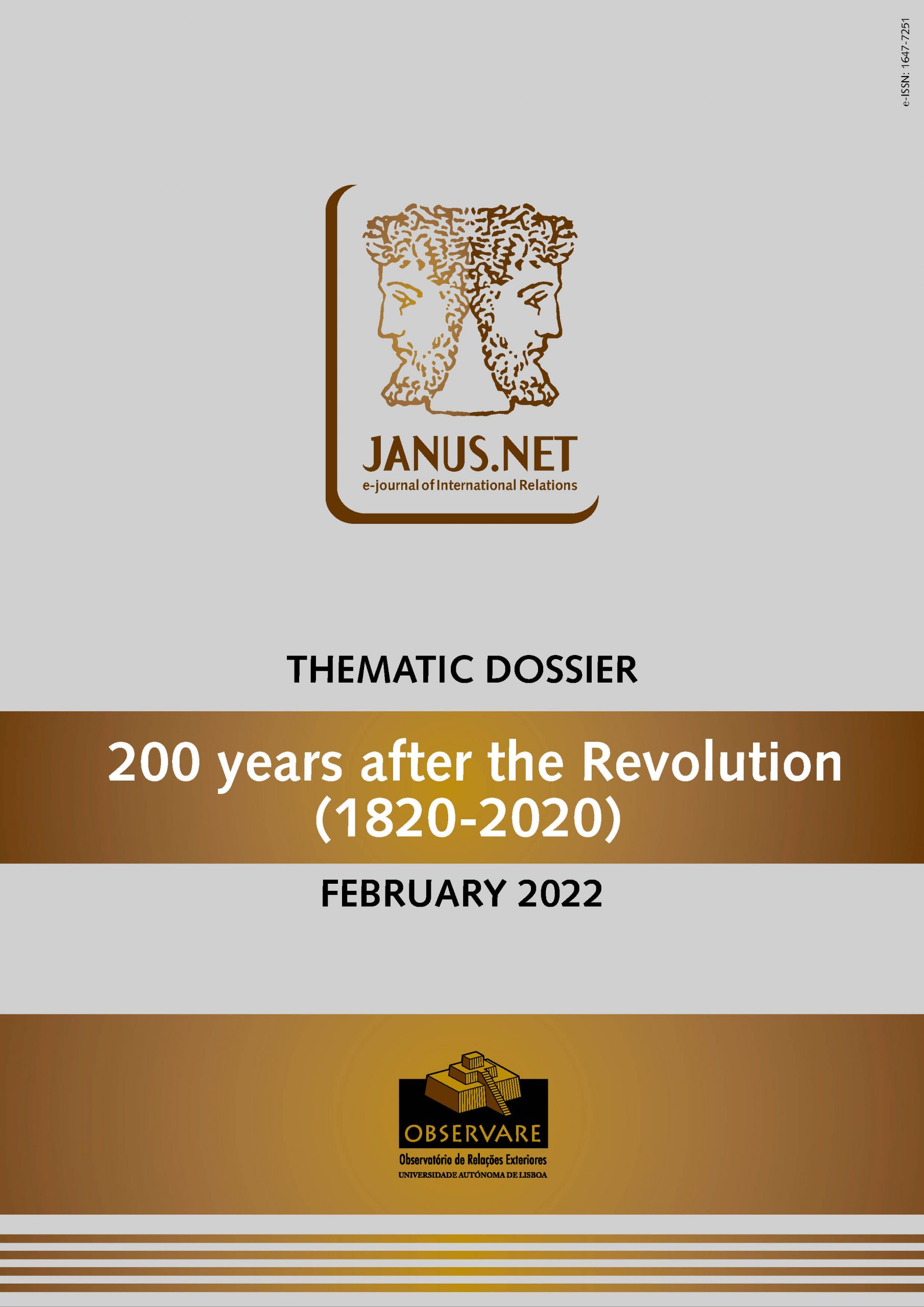This paper is part of the study carried out on education in the liberal period based on the minutes of the sessions of the Cortes. The analysis of parliamentary activity – the political debate and the consequent legislative action – indicates the importance paid to Instruction and Education matters with the aim of meeting the needs of the Liberal State. Based on the subsídio literário tax created by the Marquis of Pombal on 10 November 1772, nineteenth-century society claimed the right to promote primary education, basing its claim on the fulfilment of tax duties. The continuity of Pombal’s political action embodied the interests and will of the liberal nation. However, the ideological demand of liberalism demanded its extinction in the parliamentary debate. The oscillation between continuity or break marked the political-economic views on the subsídio literário in the 1800s.
THE SUBSÍDIO LITERÁRIO TAX. CONTINUITY OR BREAK?
She has a Bachelor Degree in History from Universidade Autónoma de Lisboa (UAL), 1987, and a Master Degree in Cultural History and Politics from Universidade Nova de Lisboa, 1995. She attended the doctoral course in Institutional and Business Communication at Universidad Complutense in Madrid and obtained the Diploma in Advanced Studies in 2002. In November 2007, she attended the course for Leaders in Education School Turnaround Leadership Program," Starting Fresh: Establishing Leadership, Building a Vision and Creating the Conditions for Student Success" at the University of Virginia - Darden Business School & Curry School of Education. She attended the Interuniversity Doctoral Programme in “History: Change and Continuity in a Global World” and is currently preparing her Ph.D. thesis, publishing several articles evaluated by reviewers as part of her PhD. She is pedagogical advisor to the UAL Board of Directors (Portugal), coordinates the submission processes for new study cycles and supervises the guidelines for the study cycles in operation.
Resumo
Este texto insere-se no estudo que temos vindo a realizar sobre a educação no período liberal a partir das atas das sessões das Cortes. A análise da atividade parlamentar - o debate político e a consequente ação legislativa – conferiram relevo aos assuntos da Instrução e da Educação com o desígnio de satisfazer as necessidades do Estado Liberal. Sustentando-se na contribuição tributária do “subsídio literário,” imposto criado pelo Marquês de Pombal, em 10 de novembro de 1772, a sociedade Oitocentista reivindicou o direito de promover a instrução primária fundamentando a sua pretensão no cumprimento dos deveres ficais. A continuidade da ação política pombalina corporizou os interesses e a vontade da Nação liberal. Contudo a exigência ideológica do liberalismo reclamou no debate parlamentar a sua extinção. A oscilação entre continuidade ou rutura marcou a apreciação político-económica do “subsídio literário” em Oitocentos.
Palavras-chave
Como citar este artigo
Ruas, Telma de Mattos (2021). The Subsídio Literário tax. Continuity or break?. Janus.net, e-journal of international relations. Thematic dossier 200 years after the Revolution (1820-2020), December 2021. Consulted [online] in date of the last visit, https://doi.org/10.26619/1647-7251.DT0121.4
Article received on 29 September, 2021 and accepted for publication on 2 November, 2021















